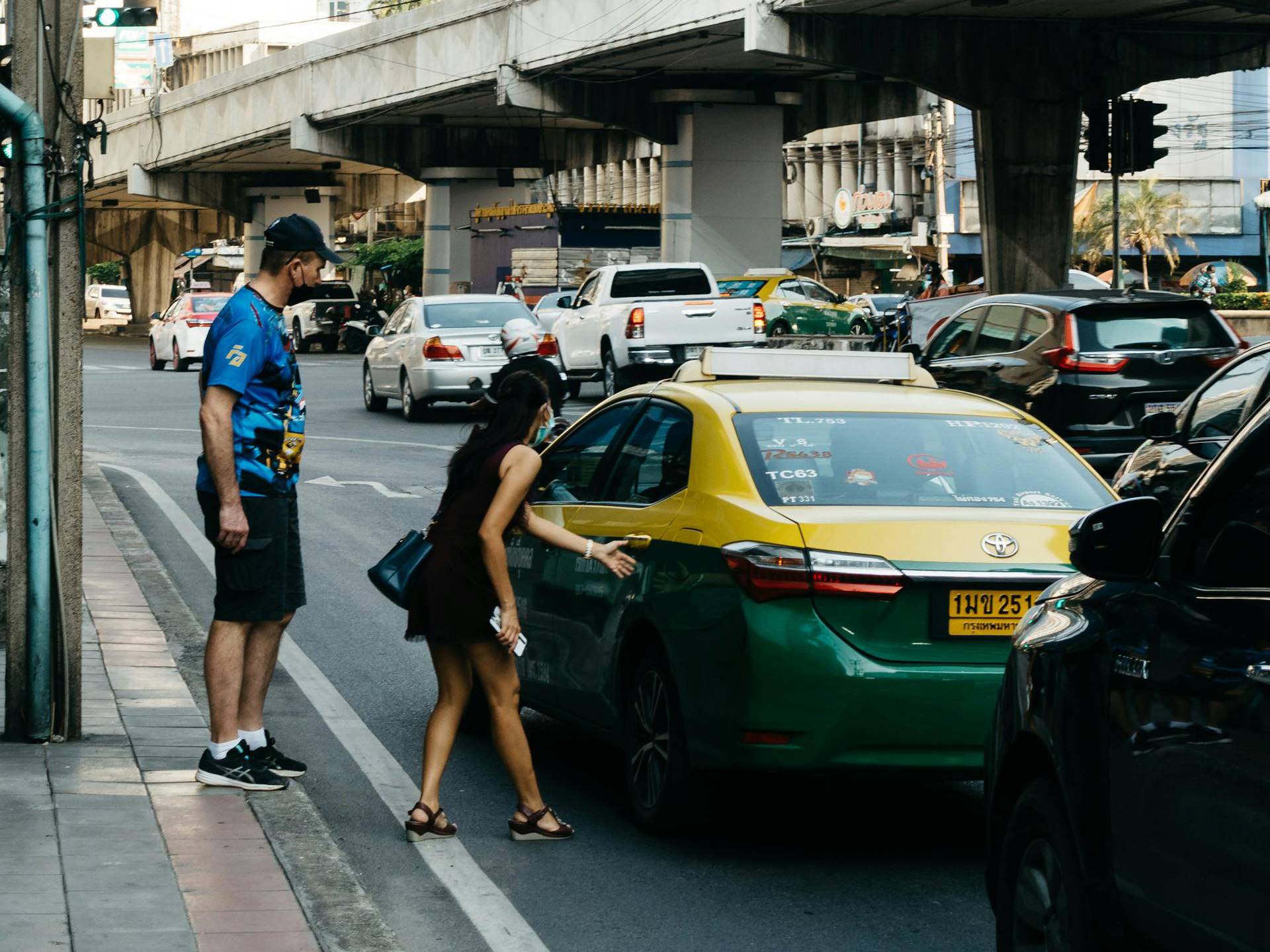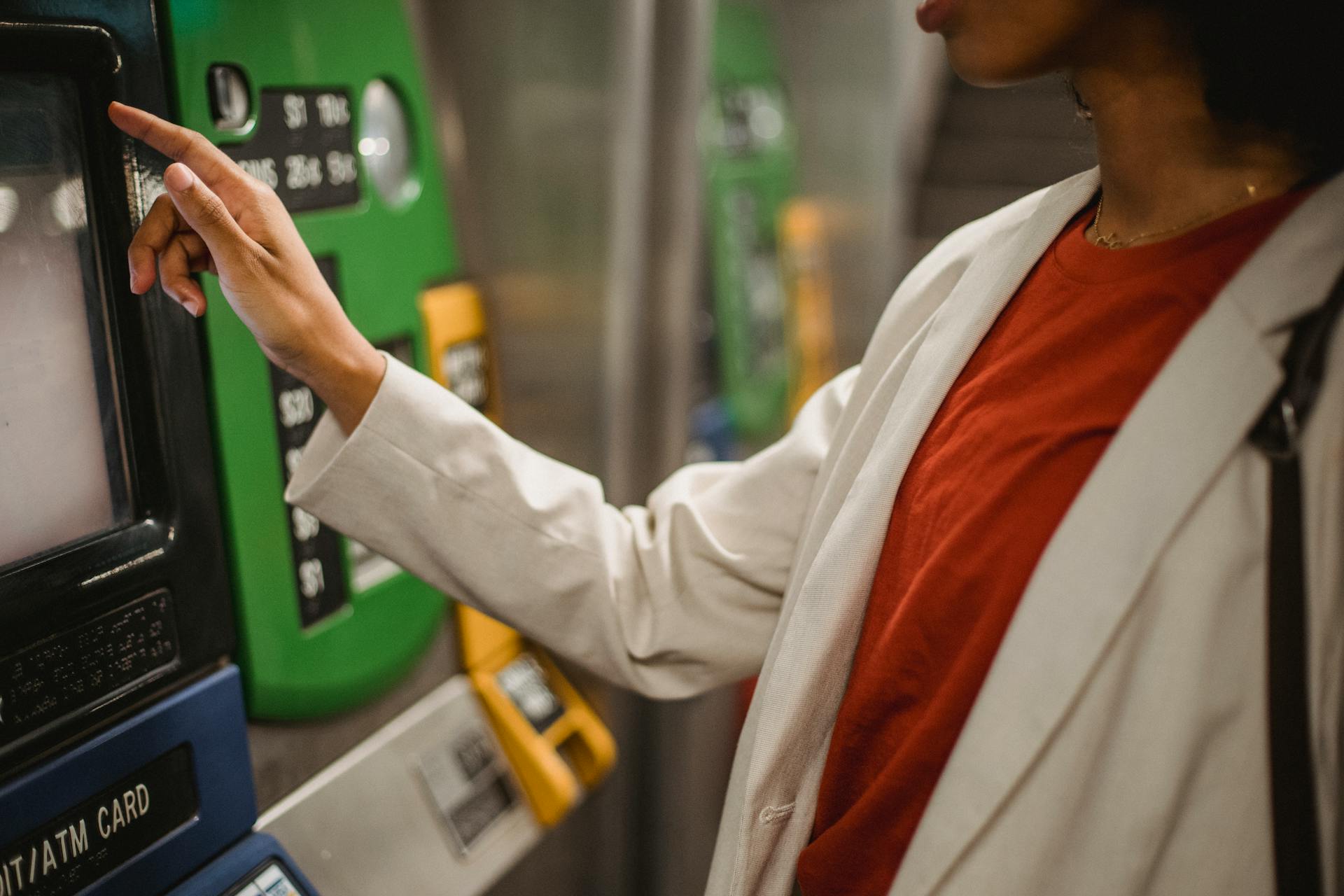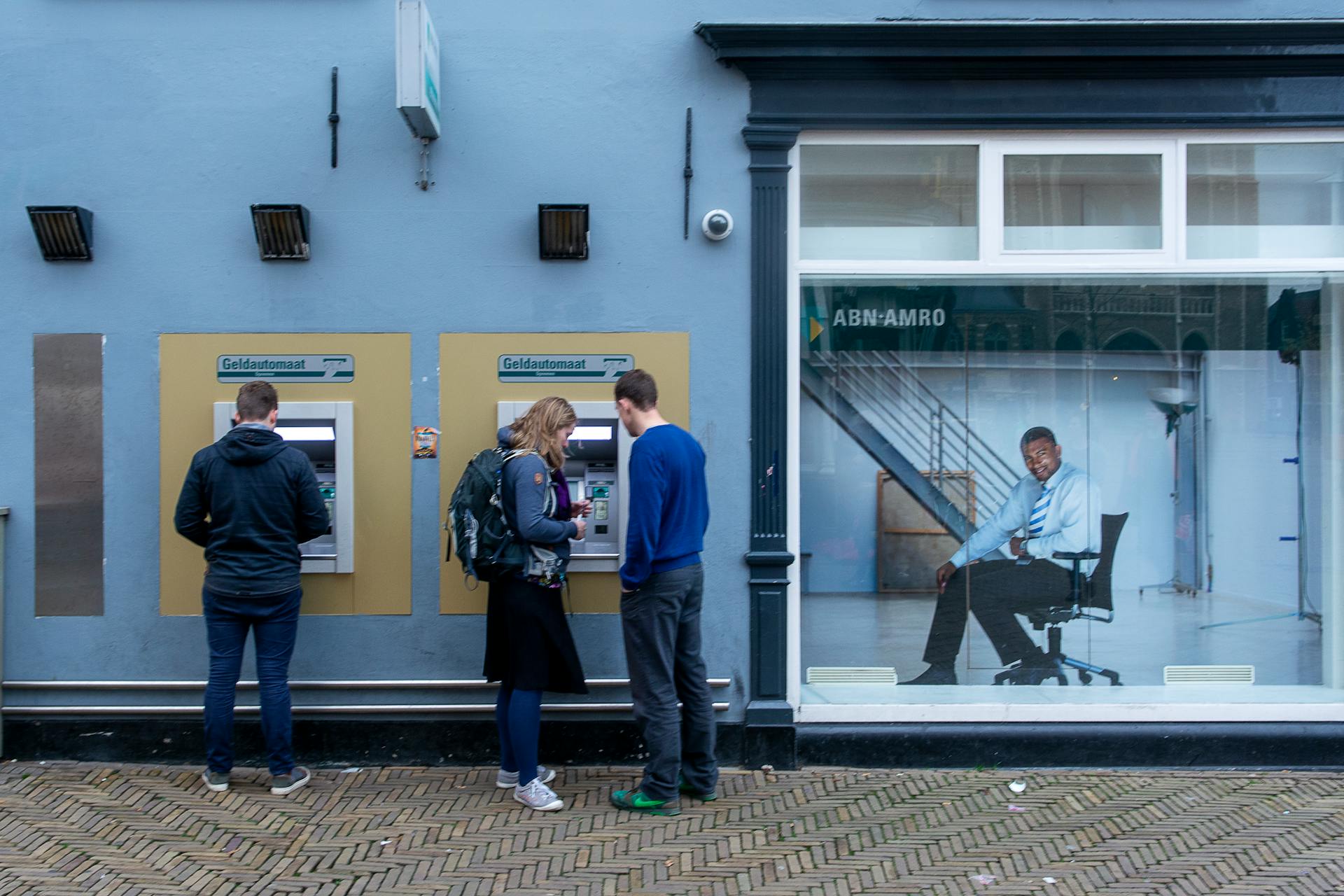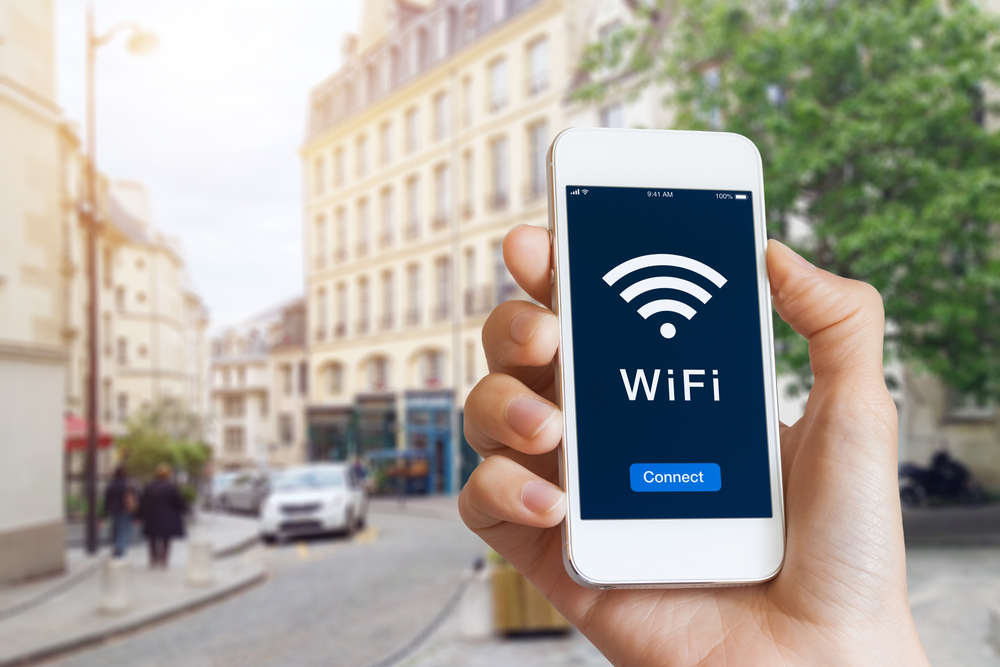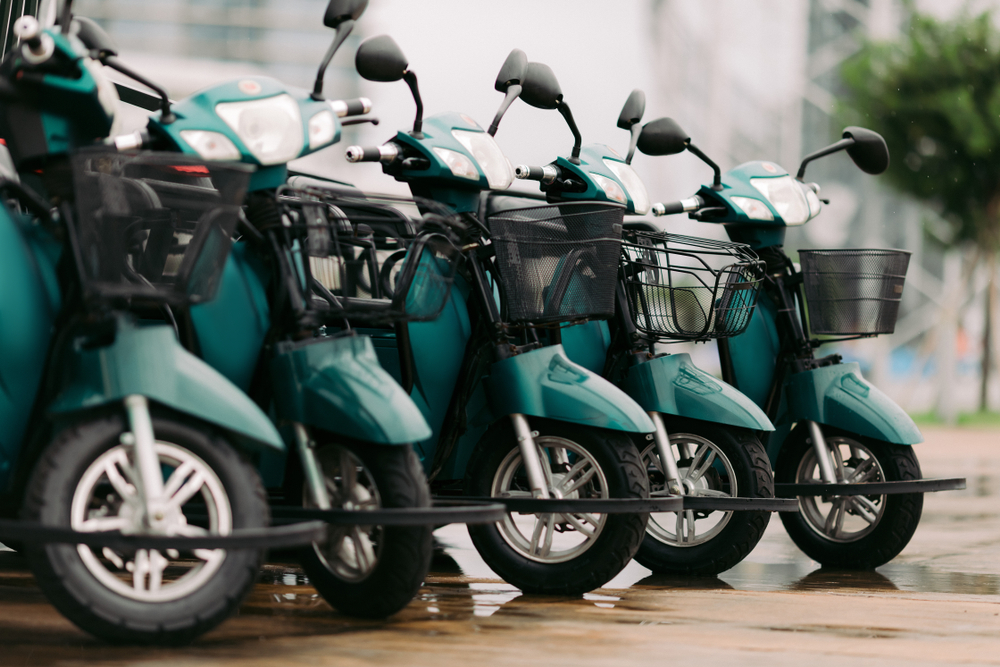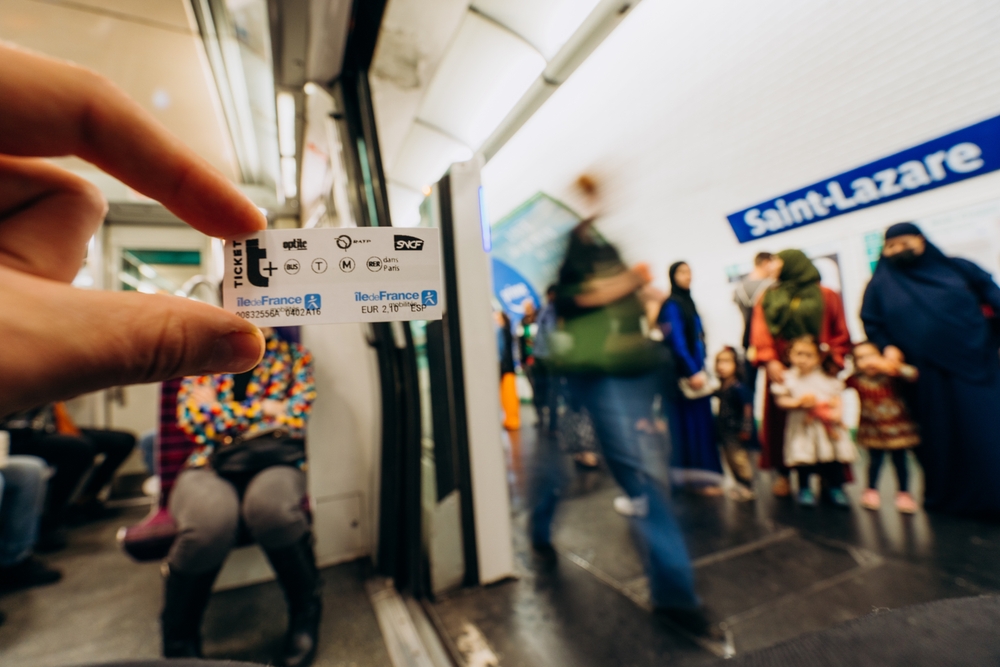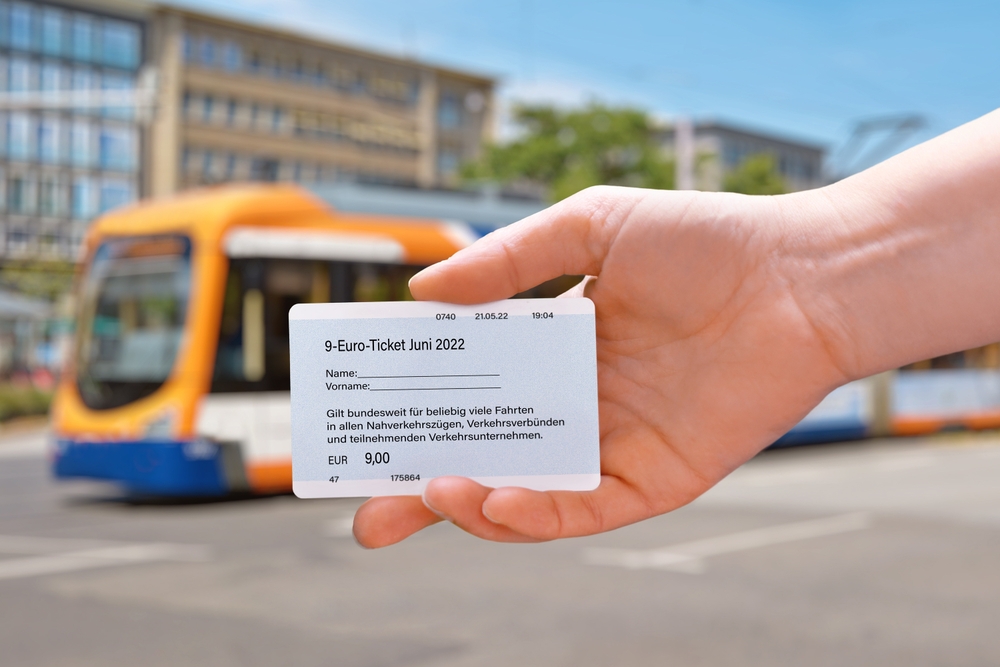The World’s Most Common Travel Scams
Most of us think we’re smart enough to spot out and steer clear of travel scams. However, the reality is that even the savviest people can fall victim to them.
Whether it's being wildly overcharged for taxi rides or inadvertently disclosing credit card details, here are some scams you need to look out for on your next trip.

1. Broken Taxi Meter
This scam is most often used by cab drivers near airports or train stations, but it can really happen anywhere.
Once you get in a taxi and set off, the driver might claim that the meter isn't working and quote a wildly expensive fare—potentially amounting to hundreds of dollars if you're not careful.
How To Outsmart It
Always discuss fares in advance or check to see that the meter is working before you get in the vehicle.
If the driver refuses to turn the meter on or suggests a lower fare without it, just get out and find another taxi. After all, not all cab drivers are shady.
2. Overbooked Or Closed Hotel
Here’s another scam that’s common with cabs. Imagine this: You're on your way to your hotel, and suddenly, the driver claims it's closed or fully booked.
So instead, they take you to a pricier hotel where they pocket a hefty commission.
How To Avoid It
Call your hotel beforehand to confirm they're open for business. You can also ask about shuttle services and arrange a pickup.
If your taxi driver insists your hotel isn't an option, stand your ground and insist on being taken there anyway.
3. Free Bracelets
This scam often targets female travelers. You might encounter a friendly individual who strikes up a conversation and offers you a "free" bracelet or some flowers.
However, once you accept it, they'll demand money. And if you refuse to pay, they might start causing a scene.
 Watchara Samsuvan, Shutterstock
Watchara Samsuvan, Shutterstock
How To Outsmart It
Never let anyone put anything on your body, and don't accept free items unless there's a clear reason for it. This is especially true in areas that are popular among tourists.
If you find yourself in one of these situations, simply ignore them and continue on your way.
4. Spills On Your Clothes
This one is common in Europe. A traveler feels something land on their shoulder, like bird poop or a drink.
Then, a seemingly friendly stranger comes to the rescue, offering to help clean up the mess—all while taking advantage of the distraction to swipe your wallet from your pocket or purse.
How To Outsmart It
In these situations, it's best to avoid accepting help from strangers. Instead, head to the nearest restroom and clean up the mess yourself.
 Unknown author, Wallpaper Flare
Unknown author, Wallpaper Flare
5. Fake Police Officers
Beware of the fake police officer scam, which happens in many large cities. Typically, someone will approach a tourist and offer illicit items, like substances.
During the conversation, a "police officer" comes and flashes a fake badge. Then they demand that the traveler hand over their passport and wallet.
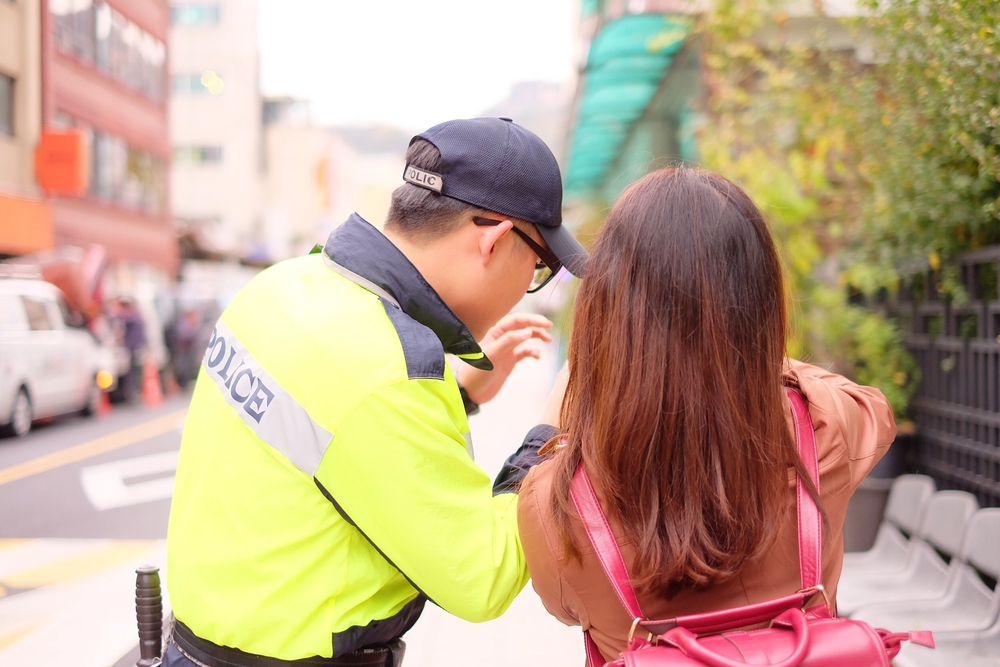 Oranich Thipsuwan, Shutterstock
Oranich Thipsuwan, Shutterstock
How To Outsmart It
Never surrender your wallet or passport in these situations. Instead, ask them to show you their identification and inform them that you'll call the police to verify their identity.
You can also say your passport is in your hotel safe, and they'll need to accompany you there. If they refuse, just walk away.
6. Closed Tourist Attractions
In this scam, a friendly local might approach you and claim that the attraction you're planning to visit is closed. They'll then suggest an alternative attraction or shop, where you might feel pressured to make a purchase or pay a hefty entry fee.
How To Outsmart It
Rather than solely relying on the local's information, it's wise to verify by heading to the attraction yourself. You can ask someone else nearby for confirmation.
7. Friendly ATM Assistants
In this scenario, someone approaches you while you're at an ATM, offering to help you avoid local bank fees. However, their intentions are far from helpful. They might have a card skimmer hidden in their pocket, waiting to get your card information.
This way, they can access your account and drain it later.
How To Outsmart It
Always be cautious when making ATM transactions. Never allow anyone to stand near you while you're using the machine, and remember to cover the number pad with your other hand while entering your PIN code.
If someone approaches you during the transaction, take your card and go to another ATM.
8. Beggars
You may come across beggars, often claiming to be disabled, pregnant, or accompanied by a "helper," asking for money. You might also see women with babies, though they might not actually be theirs, and children are sometimes used by begging groups.
In addition to relying on our reluctance to deny those in need, this scam can also leaves you susceptible to pickpocketing, since thieves see where you keep your wallet when you take it out to give spare change.
How To Outsmart It
It can be really hard to figure out who genuinely needs help and who doesn't, so the best approach is to refrain from giving cash to street beggars. Instead, buy some food or offer old clothes to them.
This way, you can make sure your help directly benefits those in need and isn't inadvertently supporting any illicit activities or begging gangs.
 Mongkolchon Akesin, Shutterstock
Mongkolchon Akesin, Shutterstock
9. Offers To Take Photos
So, you're enjoying a bustling tourist spot or landmark, and a friendly local offers to snap a group photo of you and your friends.
Excitedly preparing for that perfect shot, you glance up only to realize that your newfound friend has vanished into thin air—along with your expensive camera or phone.
How To Outsmart It
You’ll have to read the situation here. While it’s not uncommon to let strangers snap a group photo, it's typically after initiating the request, not when it's offered out of the blue.
Busy city attractions pose higher risks for this scam. It can be safer to ask fellow tourists for assistance and offer to return the favor for them.
10. Fake Wi-Fi Hotspots
In today's world, Wi-Fi is pretty much everywhere, but not all free and unlocked connections are safe. Hackers create unlocked Wi-Fi hotspots in public areas, luring unsuspecting users to connect.
Unfortunately, this gives the thief access to your computer passwords, online accounts, and sensitive information.
How To Outsmart It
When you spot a tempting unlocked Wi-Fi connection, it's always a good idea to check with the hotel, coffee shop, or airport staff to confirm the official network. This way you can make sure you're connecting to a safe and legitimate source.
Additionally, try using a VPN (Virtual Private Network) to encrypt all your online activity.
11. Bike Rental Damages
Let's say you rent a moped or scooter, only to find it damaged or missing the next day. Suddenly, the owner demands extra payment or costly repairs as compensation.
What you may not realize is that the damage or theft could have been orchestrated by the owner or their friends.
How To Outsmart It
Before riding off, take photos of the bike to document any existing damage. Use your own lock instead of one provided by the rental service, as the owner may have a spare set of keys.
If damage occurs, take the vehicle to a repair shop recommended by someone other than the bike's owner.
12. Fake Transportation Tickets
Be wary if someone offers to sell you train tickets at a discounted rate or to help you skip the line for a slightly higher price. Similarly, if a taxi driver suggests taking you to their friend, who happens to be a local travel agent, be cautious.
Unfortunately, the tickets they're selling turn out to be fake.
How To Outsmart It
Always get transportation tickets from the official ticket office or website to ensure their authenticity.
13. Gemstone/Carpet Deals
Imagine chatting with a friendly local who mentions his successful side business of buying jewelry, gemstones, watches, or carpets and reselling them overseas for a tidy profit.
He might even offer to share his secrets with you and point out where to find the best deals. But there's a catch—these products are fake.
How To Outsmart It
Avoid purchasing expensive luxury items overseas while on vacation, regardless of how tempting the deal may seem. Always remember the golden rule: if it seems too good to be true, it's likely a scam.
14. Fake Wake-Up Calls
During your hotel stay, you might receive a call from what seems to be the front desk in the middle of the night, requesting your credit card details for confirmation. But be careful—it could be a scammer trying to get your financial details.
How To Outsmart It
It's always safest to hold off on giving out credit card details over the phone. Instead, if you receive such a call, visit the front desk in person the next morning to address any concerns or issues directly.
15. Flirtatious Locals
Imagine arriving in a new country and being pleasantly surprised by the attention you receive from the locals, especially charming women. One of them invites you out to a club or bar for a night of fun.
However, after an exciting evening, you find yourself faced with an unexpectedly high bill, or even worse, you realize you've been drugged and robbed.
How To Outsmart It
Keep your guard up if you encounter attractive women who are unusually forward or aggressively hitting on you. While it may seem like a dream come true to be approached by them, if it's not a typical experience for you, it's likely a scam.
Always trust your instincts and remain vigilant in unfamiliar situations.





